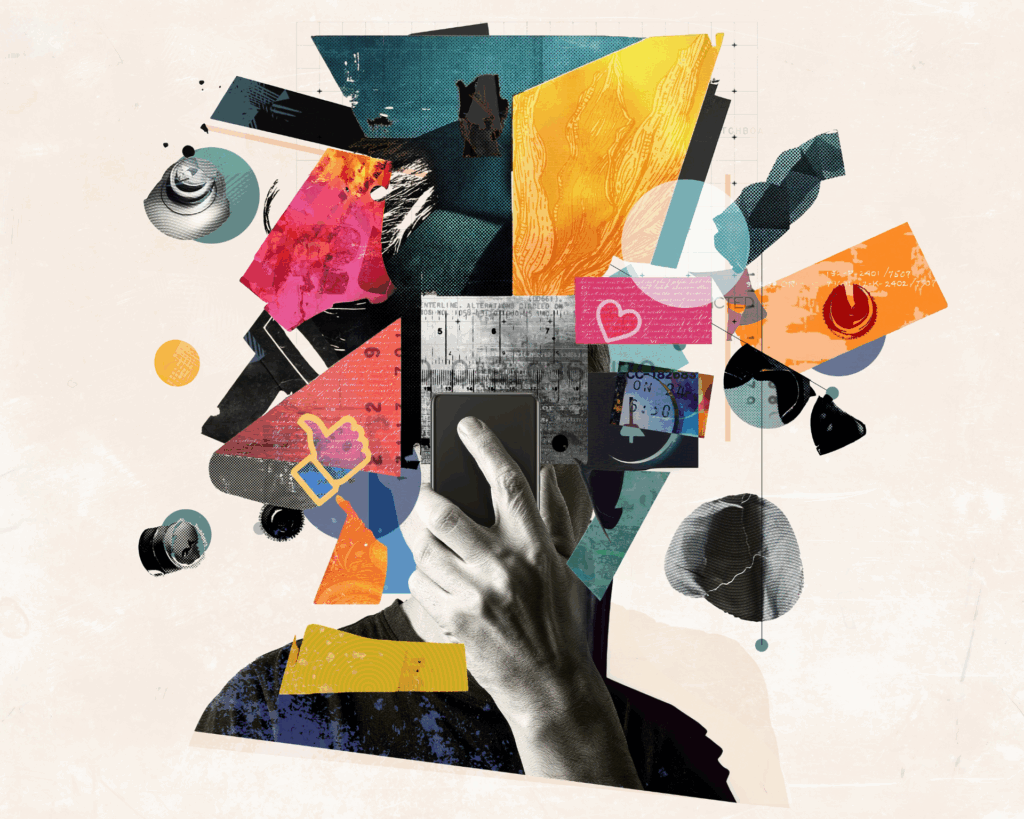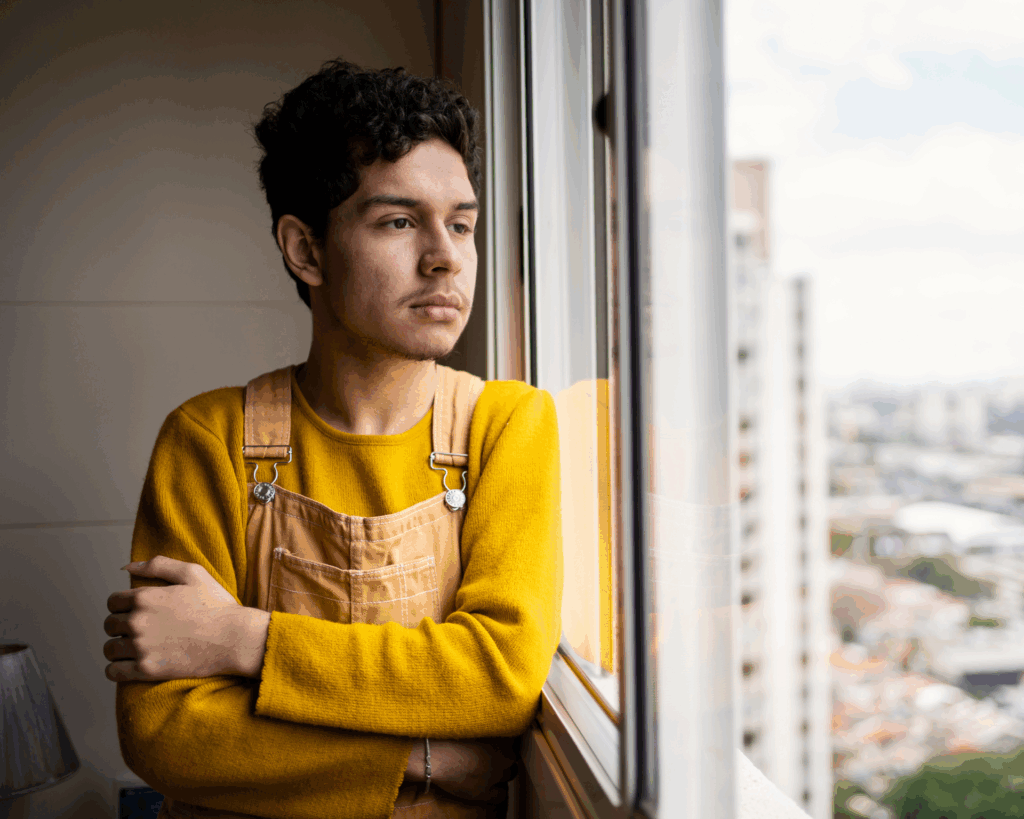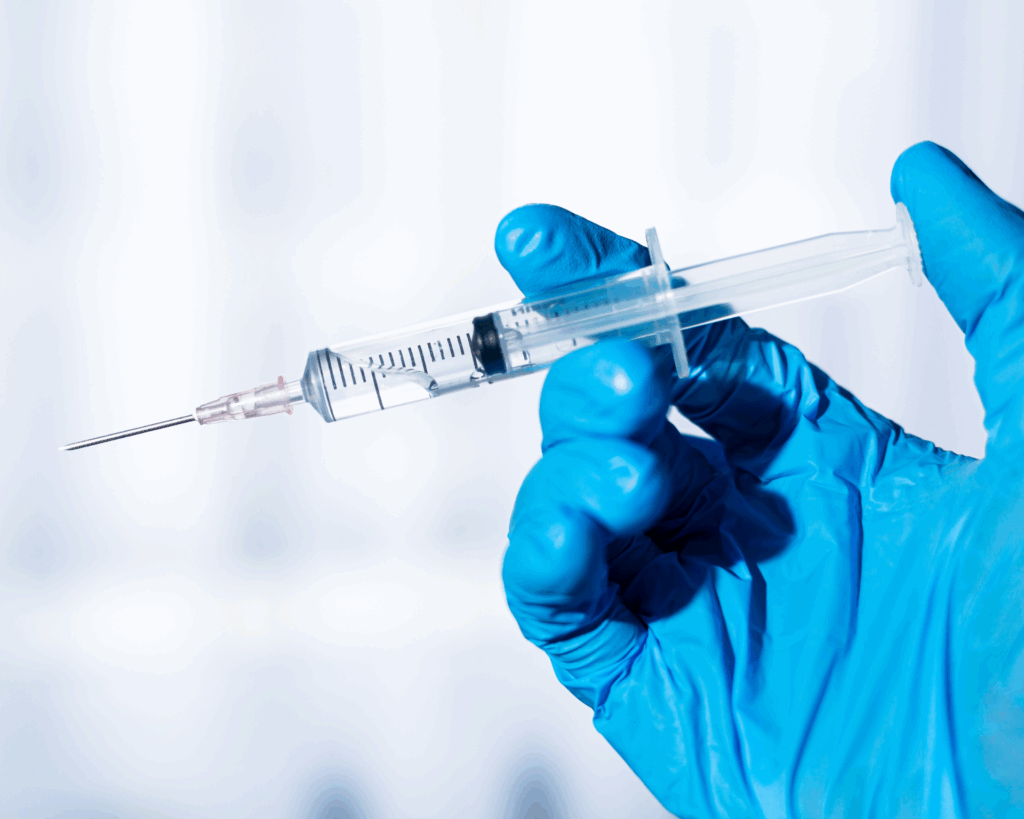Muhammad Zaman
Muhammad Zaman reflects on cell-to-society effects of antimicrobial resistance and his book, "Biography of Resistance."

Read Time: 5 minutes
Published:
Muhammad H. Zaman is the Howard Hughes Medical Institute Professor of Biomedical Engineering and International Health at Boston University. His current research is focused on three areas, namely using quantitative tools to understand tumor metastasis; developing robust technologies for high-value health care problems in the developing world, particularly in the area of maternal and child health; and working on health and innovation policy issues in developing nations. Zaman reflects on cell-to-society effects of antimicrobial resistance and his new book, Biography of Resistance.
Public Health Post: In simple terms, what is antibiotic resistance?
Muhammad Zaman: We come up with antibiotics to get an edge over bacteria, to cure infections that threaten us. The bacteria don’t want to be eliminated, so they have come up with ways to deflect the weapons we use against them. Humans and bacteria are locked in a perpetual arms race.
What are the causes of antibiotic resistance?
We often think of antibiotic resistance as a medical or pharmaceutical problem. A patient who was supposed to take an antibiotic for seven days only took it for three. Doctors prescribe antibiotics for mild infections that might not require treatment. People get antibiotics over the counter and overtreat themselves. But this is not the problem — just a bad patient or a bad doctor here and there — we have a system that fails people.
Antimicrobial resistance can be driven by substandard medicines. The system didn’t take care of drug quality, and people suffered. Antibiotic resistance is also driven by war and conflict. Perpetual conflict destroys health infrastructure. It allows new elements of contamination into the environment. And finally, we have to recognize that in the United States and many other countries, the total amount of antibiotics used by veterinarians in the animal sector far exceeds that in the human sector.
All of these combined make a perfect storm. But that’s also where opportunity lies. We need to think about antibiotic resistance not just as a pure science problem. Science is a large contributor, but it is also a problem of economics and a problem of injustice.
Antibiotic resistance is either not on our radars or feels as if it’s going to kill us all. Can you give us a sense of the scope of the threat it presents?
The scope of the threat is hard to measure. While the general awareness has increased in the past decade, we can’t accurately analyze the threat.
What we can say is that the year-to-year increase looks terrible. We can say that globally it’s a problem — in every county, every major hospital, every large city. It’s something that I would consider a problem that undermines the way we seek care individually and collectively, the way we treat animals, and the way we think about our food systems. The threat is very real. It’s increasing. It’s urgent. And it will affect people all over the world.
What happens if we do nothing?
Well, it depends on who you are. If you are a very rich person living in an urban metropolis with access to hospitals, you will probably be okay. If you are a refugee in northern Uganda, it doesn’t look good.
Can you speak more to how antimicrobial resistance is affected by global politics?
There are good arguments for thinking about antimicrobial resistance as a security issue. But there’s also a danger there. If we think of it as a security issue, we will not think of the refugees in Bangladesh, the Myanmar Rohingya refugees. We will not think of people in Central Africa Republic. These populations do not fit within US security interests. A securitization of the problem elevates some communities over others.
What do you think is the most likely way forward in combating antimicrobial resistance?
Resistance is a natural phenomenon, and even with our best drugs, sooner or later, we will have to deal with it. We have to think about this question in the short-term and the long-term.
In the short run, we need to spread awareness and change policy. The mid to long term is about the discovery of new antibiotics and science. Science pays off big time in the long term, but you have to invest in it today to be able to read the dividends five, 10, 15 years from now.
As for policy, we don’t have to reinvent the wheel. We can learn from Scandinavia, the Netherlands, Australia, and New Zealand. These countries have created policies that are driven by good science and are smart in the short and long term. Like them, we have to close the loopholes for the use of antibiotics in the animal farming sector. We need much tighter controls over the total prescription of antibiotics in our hospitals and in primary care.
Can you speak to what the US government’s response looks like right now?
Just like the coronavirus, antimicrobial resistance is a global problem. You can’t expect improvement in two days a week or by working at it three times a month — you have to be in there for the long haul. And both on the policy front and on the international engagement front, we don’t seem to be not going in the right direction. We humiliate poor countries. We make fun of other communities. And we have a disdain for science and the environment — all of these things don’t bode well.
Photo courtesy of Muhammad Zaman



